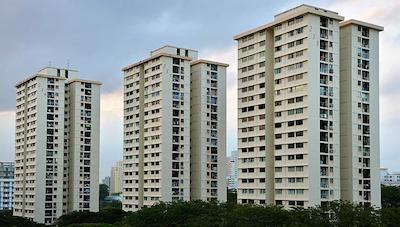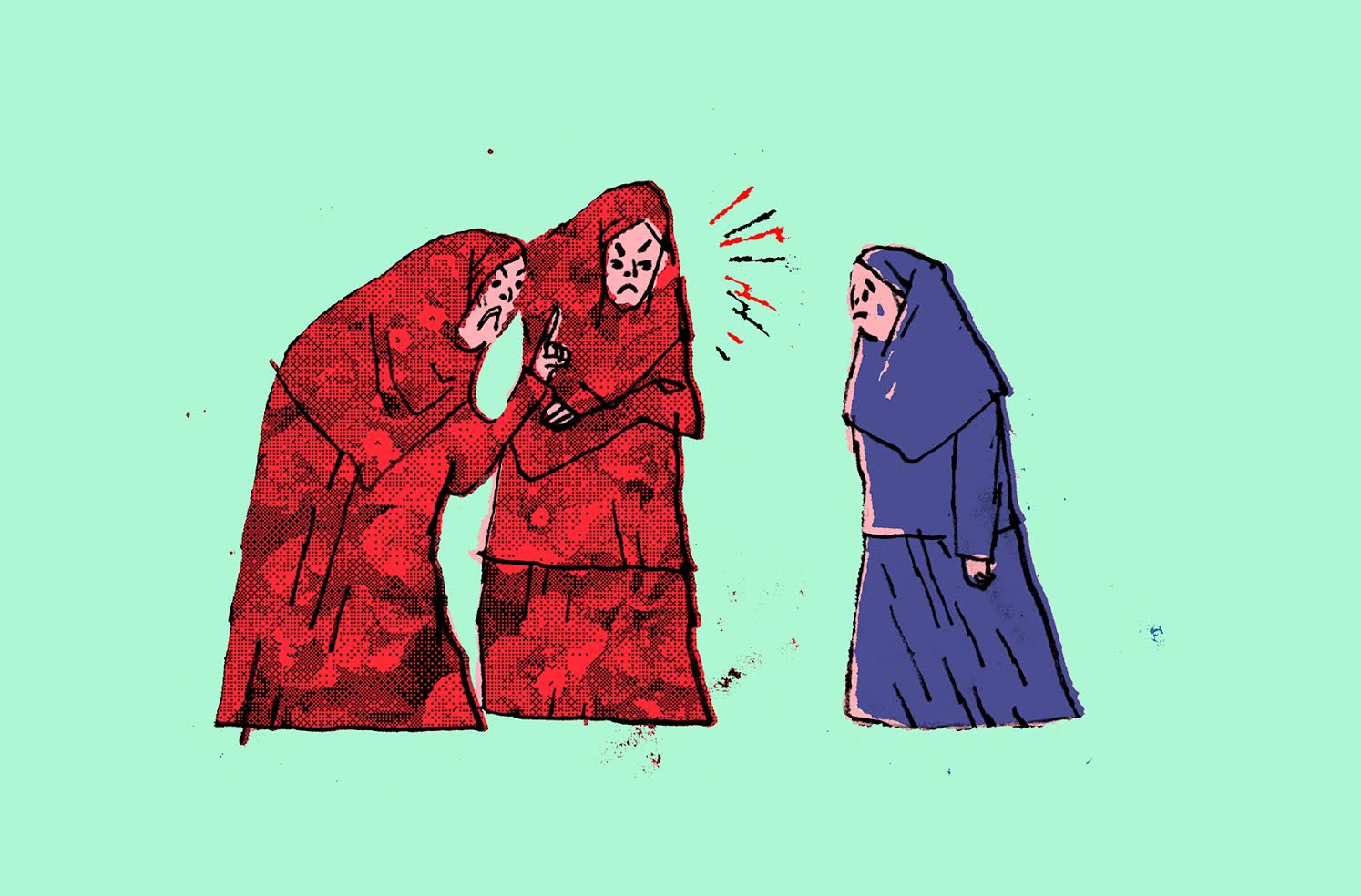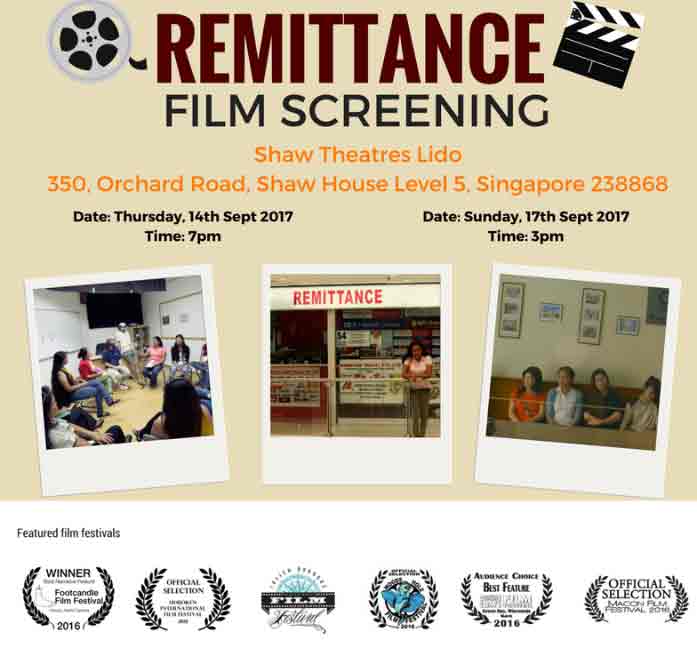This post was originally published as a press release on 30 August 2017.

One employer sexually harassed a woman, telling her at a meeting that he had obtained a nude image of her and was keeping it on his phone.
In another case, a woman reported that her ex-partner sent intimate images of her to her mother and was threatening to release more on social media.
Nearly one in five of the 338 cases (18%) seen by the Sexual Assault Care Centre (SACC) last year involved a component of technology, according to a research report published by SACC and written by Dr Laura Vitis, a criminology lecturer at the University of Liverpool, Singapore. The report, which looked at 60 SACC cases, also examined whether and how technology shaped women’s experiences of sexual violence or resistance to violence.
Said Dr. Vitis, “In addition to creating new modes of sexual violence, like upskirting, technology is also being ‘folded into’ existing acts of violence. For example, the study shows how perpetrators use technology to further intensify intimate partner violence and workplace sexual harassment.”
Nearly one in three of the TFSV cases last year involved “contact-based sexual harassment”, which included the use of communication technologies by perpetrators to facilitate unwanted sexual contact. This harassment included explicit, coercive and sexually harassing messages or comments on social media.
Nearly one in two of the TFSV cases (i.e. nearly one in 10 of total SACC cases) were “image-based” forms of sexual violence – for instance, revenge pornography, ‘sextortion’, threats to distribute or distributing intimate photos or videos non-consensually, or recording intimate images for voyeuristic reasons.
Said Anisha Joseph, manager of SACC, “Disturbingly, some perpetrators also profited off these images, for example, by exchanging them to pay off a debt or selling them online. This shows that there is a market for such non-consensually obtained nude images of women within Singapore.”
The recent rise of upskirting cases also illustrate how sexual voyeurism, in particular, has become common in public spaces, especially on public transport. One client in the study reported an incident of upskirting by a stranger on the MRT, while another reported being filmed by a man when she was breastfeeding in public.
“Sexual harassment or threats in online spaces or through technology are wrongly thought to be less “real” compared to physical contact,” said Anisha. “Some survivors were told by the authorities, family, or friends, to simply “delete their social media account”. But technology is now a big part of how we work and live – we cannot expect women to withdraw from online activities to avoid sexual violence, and we must take the social and psychological harms of online violence and harassment seriously.”
“The law should effectively reflect our commitment to safeguard survivors’ rights in online spaces as well as offline ones. In cases of ‘sextortion’ or threats to release intimate images, every second counts for the survivors. We hope authorities will consider stronger and quicker remedies beyond protection orders, given the time-sensitive nature of such crimes.”
The report includes recommendations by AWARE on addressing the prevalence of TFSV and improving protection for survivors, including ensuring police officers and criminal court officers are appropriately trained on technology-facilitated sexual violence and image-based abuse, and commissioning educational and media campaigns on TFSV that focus on the behaviour of the perpetrator, rather than the victim.
The report will be presented to the public at an open dialogue led by Dr Laura Vitis; Ng Yi Ling, an information security expert; Tan Jin Song, a criminal and family lawyer; and SACC, on Wednesday (30 August 2017) evening, at the Singapore Council of Women’s Organisations.
Please note that representatives of the media will be required to identify themselves prior to the event, and no photos/videos are allowed without explicit consent. We welcome reporting on the points and issues raised, but no names and identities should be included.





 Seven single parents have signed a parliamentary petition, to be presented at the next parliamentary sitting on 11 September, urging changes to HDB’s current housing policies for single-parent families.
Seven single parents have signed a parliamentary petition, to be presented at the next parliamentary sitting on 11 September, urging changes to HDB’s current housing policies for single-parent families.  Technological advancements and the interconnectivity of new media play an increasing role in women’s experiences of sexual violence. This issue was addressed at a dialogue organised by the Sexual Assault Care Centre (SACC) on 30 August. Around 50 people attended the session, which explored how modern technology enables abusers to control, coerce, stalk, shame and harass their victims; the laws and legal implications of this issue; and strategies for online safety.
Technological advancements and the interconnectivity of new media play an increasing role in women’s experiences of sexual violence. This issue was addressed at a dialogue organised by the Sexual Assault Care Centre (SACC) on 30 August. Around 50 people attended the session, which explored how modern technology enables abusers to control, coerce, stalk, shame and harass their victims; the laws and legal implications of this issue; and strategies for online safety. Many have observed the rise of Malay religious conservatism that has impacted various spheres such as social relations and politics.
Many have observed the rise of Malay religious conservatism that has impacted various spheres such as social relations and politics.

 Through our Helpline and the Sexual Assault Care Centre (SACC), the Association of Women for Action and Research (AWARE) has assisted thousands of women with experiences of gender-based violence, including sexual violence. We welcome the efforts to improve victims’ experiences of the criminal justice system. Only with adequate support can victims effectively and safely engage with the processes for holding offenders legally accountable.
Through our Helpline and the Sexual Assault Care Centre (SACC), the Association of Women for Action and Research (AWARE) has assisted thousands of women with experiences of gender-based violence, including sexual violence. We welcome the efforts to improve victims’ experiences of the criminal justice system. Only with adequate support can victims effectively and safely engage with the processes for holding offenders legally accountable. Can one reconstruct a clear and authentic memory of a traumatic event?
Can one reconstruct a clear and authentic memory of a traumatic event?